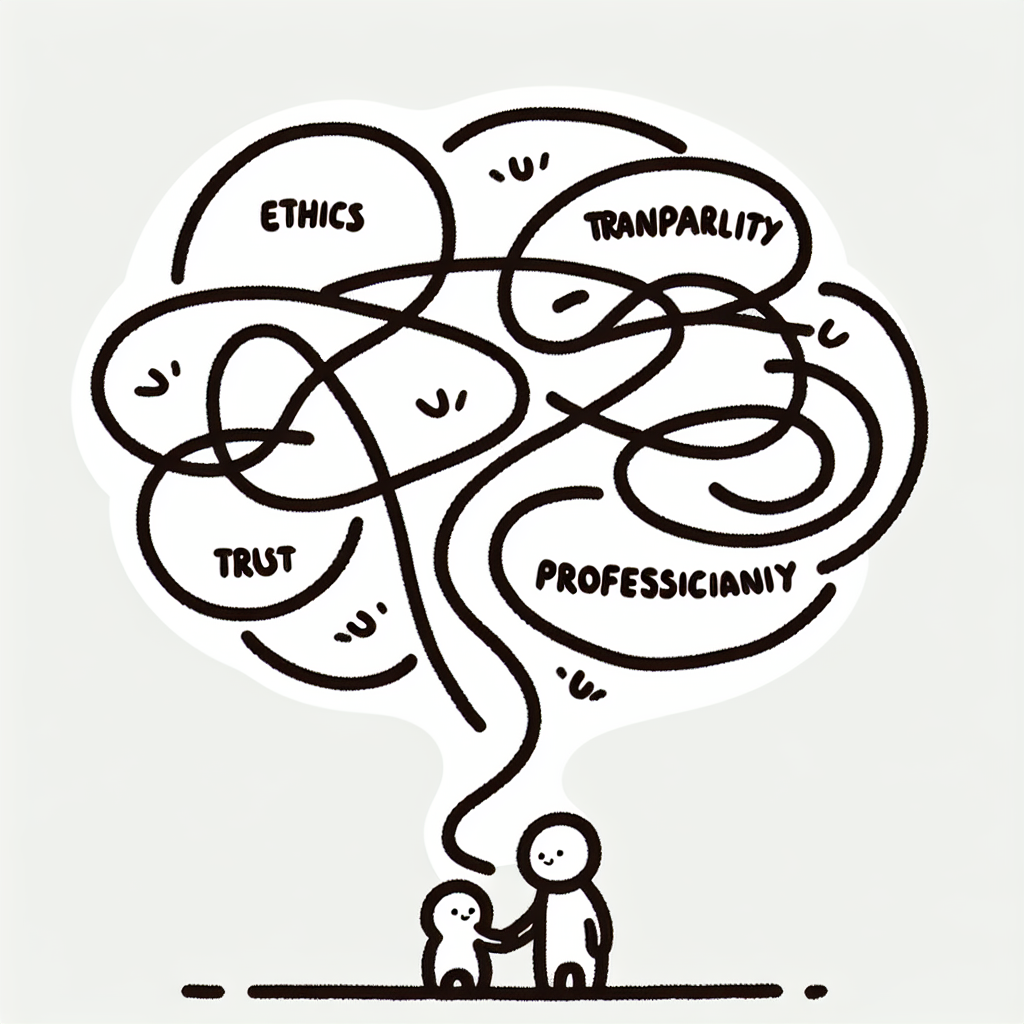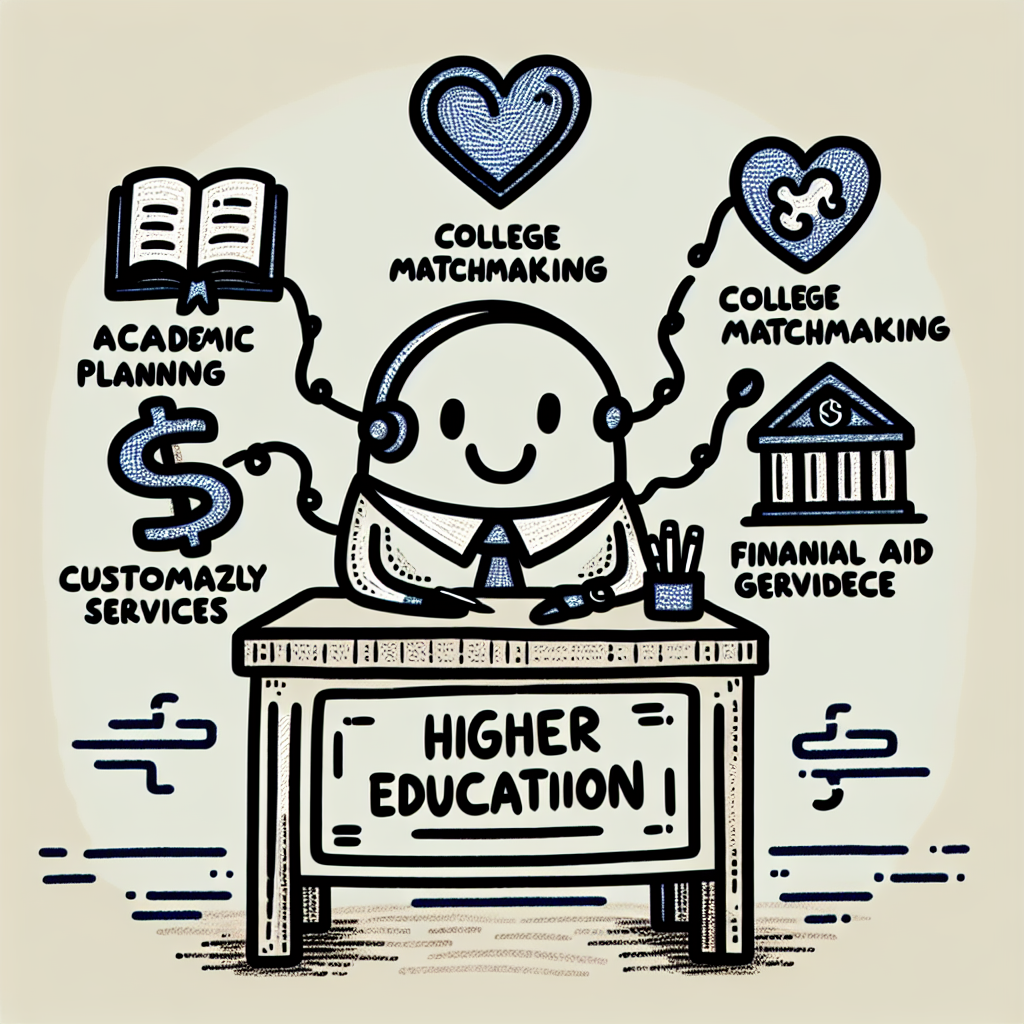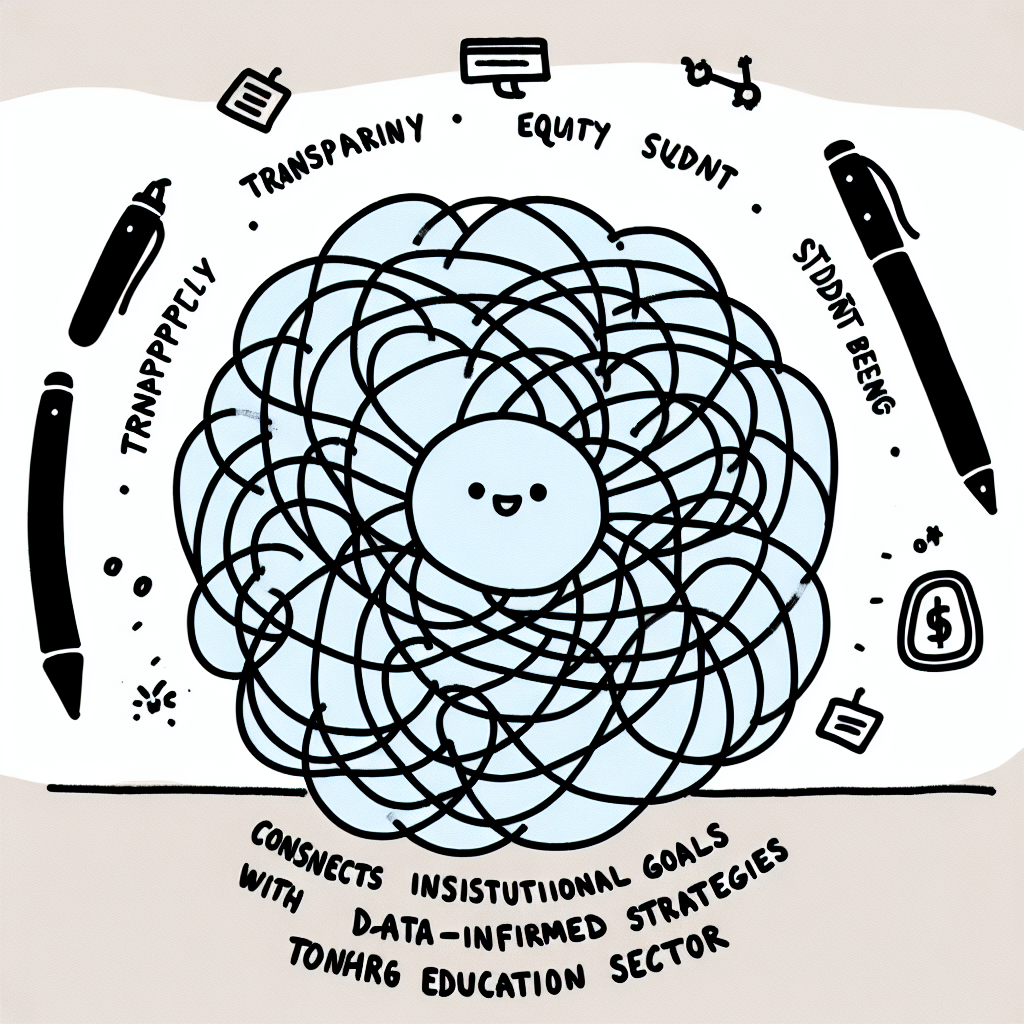Introduction
Higher ed consultants are professionals who provide expert guidance and strategic support to students, families, and educational institutions navigating the complex landscape of higher education. These consultants specialize in a range of services, including advising on college admissions, optimizing academic programs, improving institutional operations, and enhancing financial planning.
The demand for higher ed consultants has grown significantly in recent years. Increasing competition for college admissions, evolving educational technologies, and the financial pressures facing both families and institutions have all contributed to this trend. Students and parents seek consultants for personalized admissions strategies, while colleges and universities rely on them to improve operations, recruit effectively, and adapt to shifting academic needs.
There are several types of higher ed consultants, each focusing on different aspects of the education system. Academic consultants work on curriculum development and program assessments. Admissions consultants help students navigate the application process. Financial consultants assist with budgeting and financial aid strategies. IT consultants focus on implementing and managing educational technologies. Research-focused consultants support institutions in grant writing, data analysis, and research development. Each plays a distinct role in helping stakeholders achieve their educational goals.

Foundations of Ethical Higher Education Consulting
Role of HECA (Higher Education Consultants Association)
The Higher Education Consultants Association (HECA) plays a pivotal role in shaping the ethical landscape of independent college consulting. As a national organization, HECA is dedicated to supporting higher ed consultants through professional development, shared resources, and a strong ethical framework.
HECA's mission centers on promoting student-centered practices that prioritize the individual needs and aspirations of students. Its vision is to ensure that all students receive guidance that is grounded in integrity, transparency, and educational value.
Membership in HECA provides higher ed consultants with access to a range of benefits, including up-to-date training, a network of experienced professionals, and a structured system for ethical oversight. These resources help consultants stay informed about best practices while reinforcing their commitment to responsible and ethical advising.
Importance of Ethical Standards
In a competitive and often high-pressure college admissions environment, ethical standards are essential for maintaining the credibility and effectiveness of higher ed consultants. Families rely on these professionals for honest, unbiased guidance, making integrity a non-negotiable aspect of the profession.
HECA’s Code of Conduct offers clear guidelines for responsible consulting. It outlines expectations related to confidentiality, conflict of interest, and professional boundaries, ensuring that consultants act in the best interests of students at all times.
Transparency and accountability are also core components of ethical practice. By clearly communicating services, expectations, and limitations, higher ed consultants build trust with families and partner institutions. Adhering to established ethical norms not only protects students but also elevates the profession as a whole.

Personalized Student and Family Support
One-on-One Advising
Higher ed consultants provide one-on-one advising to help students and families navigate the complex college admissions process. These sessions often include creating individualized roadmaps that encompass academic planning, extracurricular involvement, and application strategies tailored to each student’s goals and strengths. Beyond logistical planning, consultants also offer emotional support, helping families manage the stress and expectations that come with applying to competitive institutions.
A case study featured in Future Education Magazine illustrates how higher ed consultants guided a student through the Ivy League admissions process. The consultant helped the student develop a strategic application narrative and manage deadlines, resulting in multiple offers from top-tier schools.
Tailoring Services to Client Needs
Higher ed consultants customize their services to meet the unique needs of each client. One core offering is college matchmaking, where consultants help students identify institutions that align with their academic interests, social preferences, and financial circumstances. This personalized approach increases the likelihood of long-term student satisfaction and success.
Consultants also assist families in navigating financial aid and scholarship opportunities, demystifying the cost of higher education and improving affordability. Additionally, they offer specialized support for nontraditional students, including adult learners, transfer applicants, and international students—each of whom faces unique challenges in the admissions process. Through tailored strategies, higher ed consultants ensure that every student receives the guidance they need.

Institutional Consulting: Driving Innovation and Efficiency
IT Consulting in Higher Education
Higher ed consultants play a critical role in aligning technology initiatives with an institution’s mission. By evaluating existing infrastructure and identifying opportunities for digital integration, consultants help colleges and universities implement tools that enhance teaching, streamline administrative processes, and support learning outcomes (Campus Technology).
Consultants also facilitate change management during digital transformation efforts, guiding campus stakeholders through the adoption of new systems and helping to build internal capacity. Their expertise ensures that technology changes are not only implemented efficiently but also have lasting impact.
Research and Academic Innovation
In the research domain, higher ed consultants are instrumental in advancing innovation through the integration of technical expertise. The growing presence of Research Software Engineers (RSEs) highlights this shift, as they bridge the gap between IT infrastructure and academic research, enabling more sophisticated and scalable research projects (arXiv).
Consultants also support the rise of “third space” professionals—individuals who operate at the intersection of academic and administrative roles. These professionals help redefine faculty-support relationships, driving collaborative research initiatives and fostering interdisciplinary scholarship.
Strategic and Operational Consulting
Higher ed consultants assist institutions in undertaking organizational redesign efforts to improve operational efficiency and enhance student outcomes. By analyzing workflows, governance structures, and institutional priorities, consultants recommend changes that streamline operations and increase effectiveness (Bain & Company).
Consultants also address financial sustainability by aligning budgeting practices with long-term strategic goals. They provide data-driven insights to support resource allocation and identify cost-saving measures without compromising educational quality.
Additionally, higher ed consultants influence enrollment strategy and marketing. They help institutions craft targeted outreach campaigns and refine admissions strategies to attract and retain a diverse student body, ensuring competitiveness in an evolving educational landscape.

Professional Development and Community Building
Training and Certification
Higher ed consultants benefit from ongoing professional development to stay current with trends and best practices in college admissions. Organizations such as the Higher Education Consultants Association (HECA) offer workshops, webinars, and certification programs designed to enhance consultants' skills and knowledge. These opportunities support continuous learning and help consultants adapt to changes in higher education policies and student needs.
Credentialing standards play a crucial role in maintaining high-quality service and professionalism within the field. By participating in recognized training and certification programs, higher ed consultants demonstrate their commitment to ethical practices and effective guidance.
Networking and Peer Collaboration
Community engagement is essential for higher ed consultants to grow professionally and share resources. Annual conferences and regional meetups provide opportunities to exchange ideas, discuss challenges, and build lasting professional relationships. Events hosted by HECA and other industry organizations foster collaboration and the dissemination of best practices.
Mentorship programs also serve a vital role in strengthening the consultant community. These programs support new consultants as they enter the field, promote diversity, and help build a robust network of knowledgeable and inclusive professionals.

Future Trends in Higher Education Consulting
Data-Driven Decision Making
Higher ed consultants are increasingly leveraging data analytics and predictive modeling to support informed decision-making. These tools help both students and institutions identify trends, predict outcomes, and optimize strategies. For students, predictive analytics can forecast admission chances and potential academic success based on historical data. Institutions use these insights to refine recruitment strategies, allocate resources efficiently, and improve student retention.
Expanded Access and Equity
A growing focus within higher education consulting is on promoting equity and access. Many higher ed consultants now offer pro bono or low-cost services to support students from underserved communities. These efforts aim to bridge gaps in college admissions support and expand opportunities for students who may otherwise lack access to professional guidance.
In addition, consultants are playing a vital role in helping colleges and universities advance diversity, equity, and inclusion (DEI) initiatives. By advising on inclusive admissions practices, curriculum development, and campus culture, consultants assist institutions in creating environments where all students can thrive.
Globalization of Higher Ed Consulting
As higher education becomes more global, higher ed consultants are expanding their services to meet international demands. They assist international students with navigating complex cross-border admissions processes, offering guidance on visa requirements, application procedures, and cultural adaptation.
Moreover, consultants are facilitating global institutional partnerships by connecting universities across borders. These collaborations can include joint academic programs, research initiatives, and student exchange opportunities, with consultants serving as strategic intermediaries in the planning and execution phases.

Conclusion
Higher ed consultants are increasingly becoming catalysts for transformation in the education sector. By bridging institutional goals with evolving student needs, they help shape the future of learning through data-informed strategies, technological integration, and customized program development. Their involvement enables colleges and universities to remain agile and responsive amidst shifting demographics and market pressures.
However, with this influence comes a responsibility to adhere to ethical, impact-driven practices. Higher ed consultants must prioritize transparency, equity, and personalization in their work. Ensuring that every recommendation serves not just institutional success but also student well-being is essential to fostering trust and long-term value.
Organizations such as the Higher Education Consultants Association (HECA) and other industry leaders play a vital role in maintaining standards and encouraging innovation. Through professional development, peer collaboration, and advocacy, they help sustain a culture of integrity and adaptability in an ever-evolving educational landscape. As the role of higher ed consultants continues to expand, their commitment to these values will be critical to their ongoing relevance and impact.







.png)






